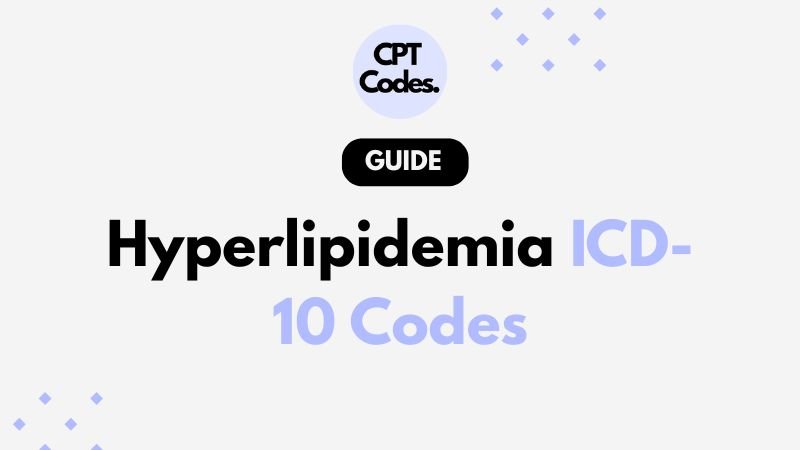Anemia is a common medical condition characterized by a low count of healthy red blood cells or hemoglobin, resulting in reduced oxygen delivery to body tissues.
In medical billing and diagnosis, identifying the correct ICD-10 code for anemia is essential for proper documentation, insurance claims, and treatment tracking.
The primary ICD-10 code for unspecified anemia is:
D64.9 — Anemia, unspecified
This general code is used when the type or cause of anemia is not clearly defined in the medical record.
Common ICD-10 Codes for Specific Types of Anemia
Anemia can arise from various underlying conditions. Here are the most frequently used ICD-10 codes by category:
1. Iron Deficiency Anemia
- D50.0 – Iron deficiency anemia secondary to blood loss (chronic)
- D50.8 – Other iron deficiency anemias
- D50.9 – Iron deficiency anemia, unspecified
2. Megaloblastic (Vitamin Deficiency) Anemia
- D51.0 – Vitamin B12 deficiency anemia due to intrinsic factor deficiency
- D52.0 – Folate deficiency anemia
- D53.9 – Other and unspecified megaloblastic anemias
3. Hemolytic Anemia
-
D55.0–D59.9 – Covers different types of hemolytic anemia (e.g., enzyme disorders, immune causes)
4. Aplastic and Other Bone Marrow Failure Syndromes
-
D60–D61 – Aplastic anemia codes (e.g., drug-induced or idiopathic)
5. Anemia of Chronic Disease
- D63.0 – Anemia in neoplastic disease (e.g., cancer-related)
- D63.1 – Anemia in chronic kidney disease
- D63.8 – Anemia in other chronic diseases classified elsewhere
How to Choose the Correct ICD-10 Code
When coding anemia, healthcare professionals should:
- Review the underlying cause or associated condition.
- Select the most specific ICD-10 code that reflects the diagnosis.
- Avoid using D64.9 (unspecified) unless the documentation lacks detail.
Accurate coding ensures:
- Proper insurance reimbursement
- Compliance with healthcare regulations
- Better clinical tracking of patient outcomes
Example: ICD-10 Coding in Practice
Example 1:
A patient is diagnosed with iron deficiency anemia due to chronic gastrointestinal bleeding.
→ Correct Code: D50.0
Example 2:
A patient has anemia due to chronic kidney disease stage 3.
→ Correct Code: D63.1
Example 3:
A patient presents with low hemoglobin, but the cause is not yet identified.
→ Temporary Code: D64.9
Key Takeaway
The ICD-10 code for anemia (D64.9) is used when the cause is unspecified, but healthcare providers should document and use more specific codes whenever possible. Accurate anemia coding supports quality care, efficient billing, and reliable medical reporting.



